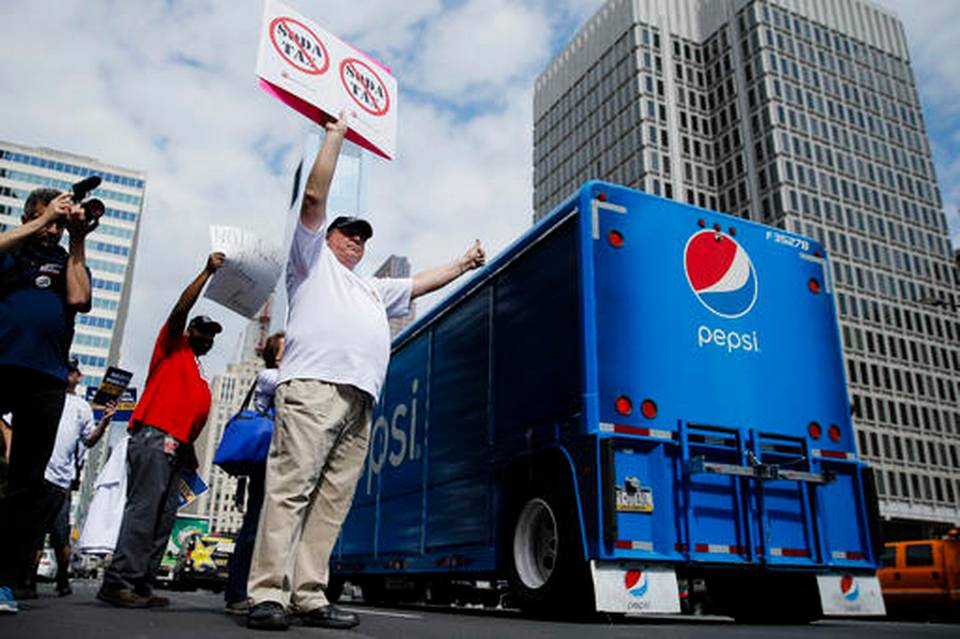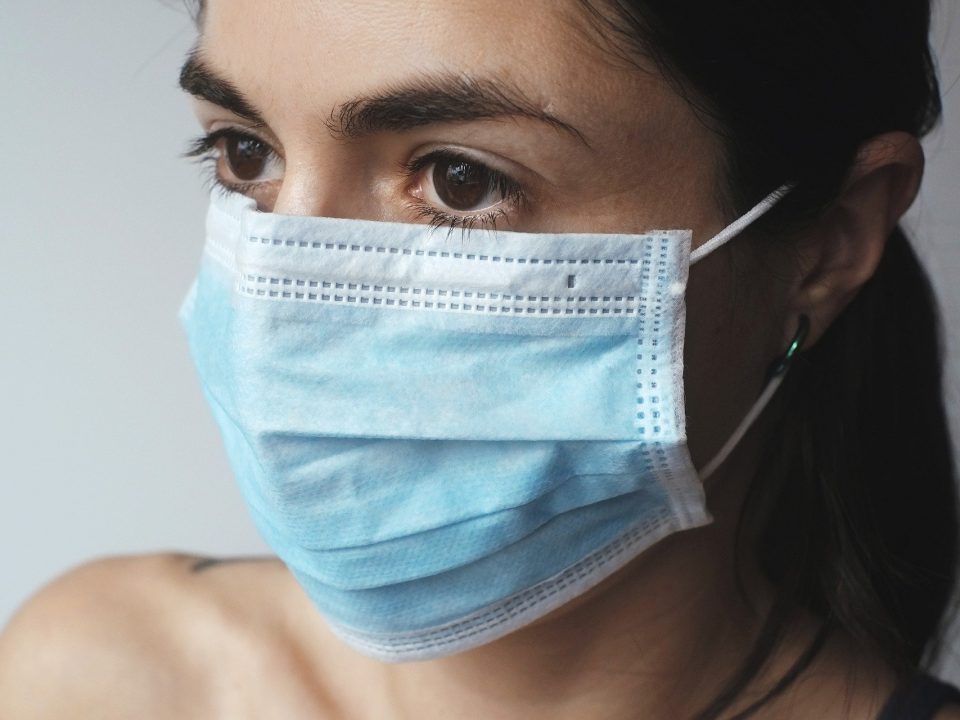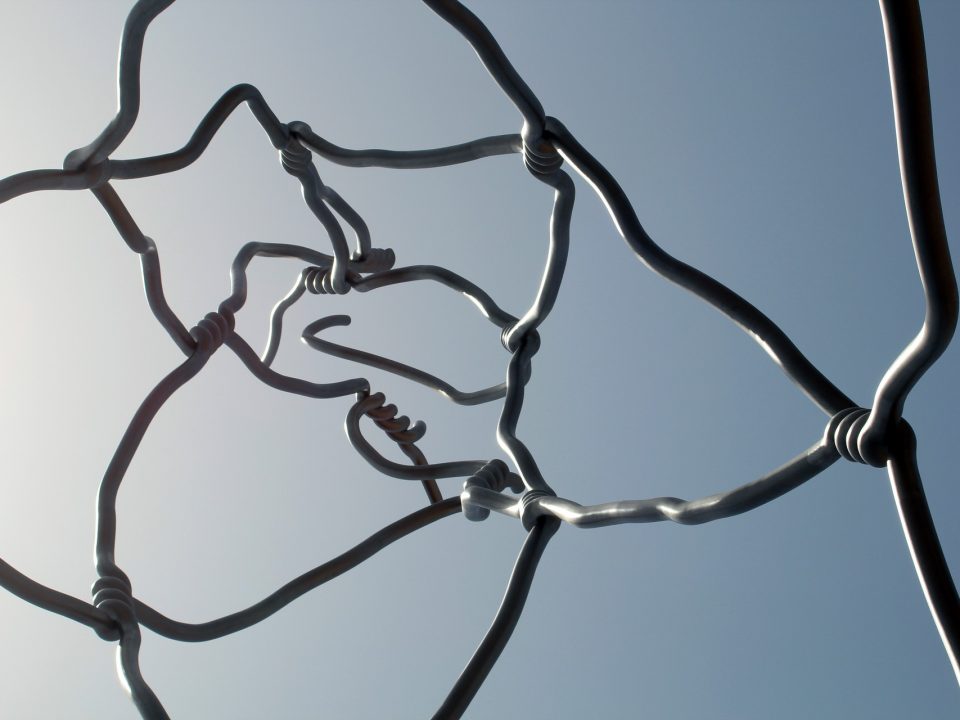Soda Tax Goes to Vote Today

Mayor Jim Kenney’s controversial soda tax goes up for a vote in front of the Philadelphia City Council today. The tax would implement a levy of three cents per ounce on all sugary beverages, including sodas, sweetened teas, and sports drinks. The idea of the tax has ignited a firestorm of conflicting opinions since it was introduced, with everyone from soda lobbyists and healthcare groups to would-be presidential candidates Hillary Clinton and Bernie Sanders weighing in.

Protestors have been vocal in their condemnation of the soda tax, which goes up for vote before the City Council today. (Photo: Matt Rourke, AP)
Arguments for the soda tax include the estimated $400 million that it would generate to be used towards universal pre-K education, community schools, libraries, and rec centers. Healthcare advocates say that soda taxes are a step in the right direction in the fight against growing rates of obesity, type-2 diabetes, and other co-morbidities of higher weight. Presumptive Democratic nominee Hillary Clinton stood in favor of the soda tax when she visited Philadelphia before the state primary, since she is a fan of pre-K education.
Those against the soda tax include people employed by beverage companies, and convenience store workers who say that they would lose sales (and jobs) if such a tax were enacted. Some, including Bernie Sanders, have called the soda tax an unfair financial punishment against the poor, who would be most effected by the tax. The soda industry has fought back against the idea of the tax with millions of dollars in advertising.
Late last night, a source from the City Council told the press that the measure had the votes it needed to pass the soda tax. It remains to be seen whether that will come to bear.
According to NBC Philadelphia, “Last month, Councilwoman Blondell Reynolds Brown unveiled an alternative plan to tax 15 cents on all beverages over 7 ounces with the exception of baby formula, milk and alcohol. The so-called “container tax” would put a lesser tax burden on consumers compared to the 3-cents-per-ounce sugary beverage tax. Reynolds Brown claims her plan could yield up to $64 million.”



